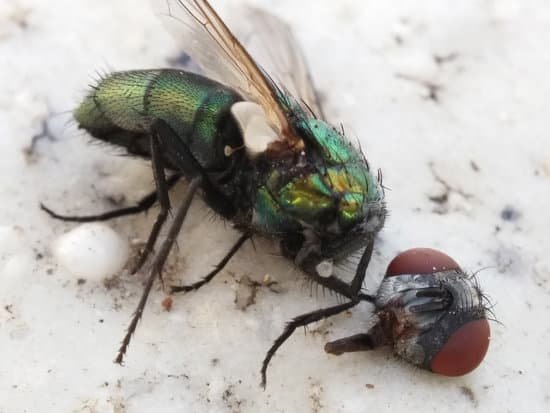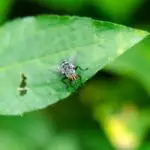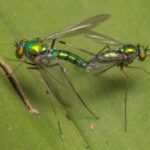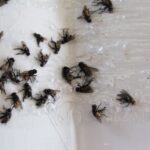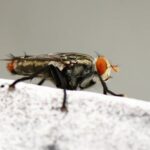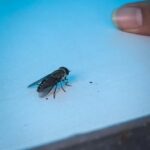Why Do Some Flies Bite and Others Don’t?
If you’ve ever been bitten by a fly, you know just how much of a pain it can be. Not only are flies itchy and irritating, but they can also cause a serious allergic reaction. Luckily, there are several ways to treat fly bites. Some people can take a mild topical solution such as Benadryl to alleviate their discomfort and itchiness.
Some flies have special mouthparts that allow them to penetrate the skin and access the blood vessels. The saliva of the flies contains anticoagulants, which make the blood flow more freely into the body. Certain species of flies can be particularly painful, such as horse flies and stable flies. They can also cause allergic reactions in sensitive people. The bites themselves may look different depending on the species of fly and location.
The best way to prevent flies from biting you is to understand when they’re most active. No-see-um flies are most active at dawn and dusk in the summer, while black flies are more active in the morning and afternoon. Deer flies are more active in the fall and spring. In these times, you’ll want to stay indoors or cover exposed skin with clothing.
Flies aren’t the only insects that can cause allergic reactions. Midges can also cause skin inflammation. While they can’t transmit disease, they can cause swelling, bleeding, and itching. These insects are very small, measuring as little as 1/16th inch. Because of their tiny size, they’re hard to spot, but they’re still itchy and painful.
